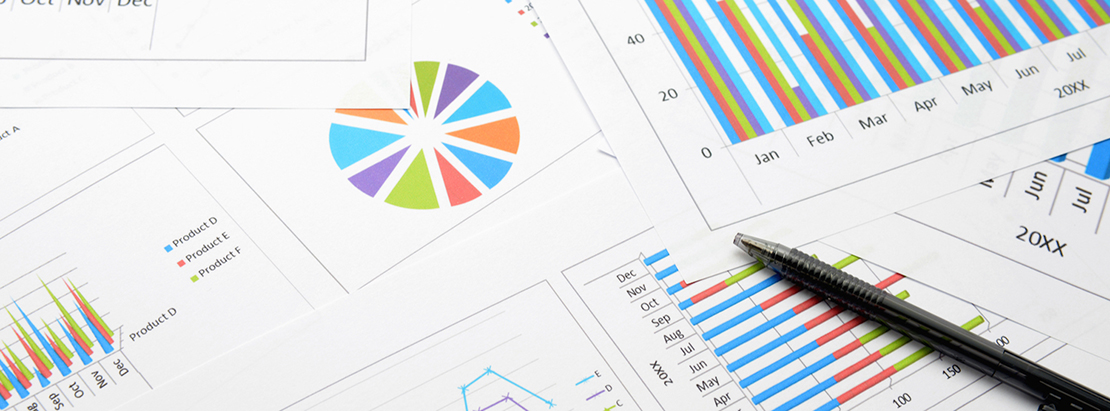The Importance of Analytics for Project Management

As with almost all other fields, analytics has become an important factor in project management. Gone are the days when PMs have to guess or trust intuition alone to make decisions – now we can rely on data to inform the steps we take. Analytics in project management is key to maintaining a cohesive strategy, and it vastly improves project success rate. Analytics driven reporting is about capturing meaningful data that will help make informed decisions, ensure tasks have been checked off as the project is going through major milestones, and help plan and morph upcoming steps. Below are just a handful of the benefits associated with analytics for project management:
Benchmarking
Before starting a project, I make sure to sit down with stakeholders and define the Key Performance Indicators (KPIs), which are the few metrics that indicate the success of a project. My team will track multiple metrics, but the KPIs are of utmost importance by allowing us to track the project’s viability, and provides us with a method of communicating clearly with the stakeholders later on in the process. These critical metrics usually indicate to me the health of the project: Is everything getting completed on time? Do I need to improve project quality? Do I need to shift my priorities?
Transparency
Implementation of analytics tools for tracking purposes also allows for constant monitoring of the project. Both my team, and my client, can clearly track how the time is being spent and which resources are being used. Analytics essentially provides me with never ending status updates – as a result, no one is ever left in the dark or confused about the direction a project is taking. This level of transparency also means that I can quickly identify defects and gauge their severity, thus preventing the project from losing focus or failing entirely. Capturing data through analytics ensures there is clear understanding of all the details and eliminates nasty surprises. Additionally, showing metrics that are lined up with the project objectives helps gain support and strengthens the relationship with our customers
Time Management and Cost
By capturing data such as “percent planned” and “percent actual completion” also helps me keep an eye on time management, and indicate the presence of unforeseen problems such as unnecessary delays in tasks and activities. My team’s time can be used much more effectively when it is tracked properly through analytics, and this added effectiveness usually results in a faster time-to-market, which is a win for everyone involved. Similar to time, managing cost is critical to any project’s success. Tracking updates to the expected cost metrics can eliminate wasteful spending, and allows me to manage the relationship between cost and changes in project scope to help the project achieve its objectives.
Analytics will help any project manager gain control of the project and also provide insights into the methods that are successful and the ones that need finer tuning. The historical capture of metrics for reporting will serve as benchmark for future planning and allow for testing and comparisons.